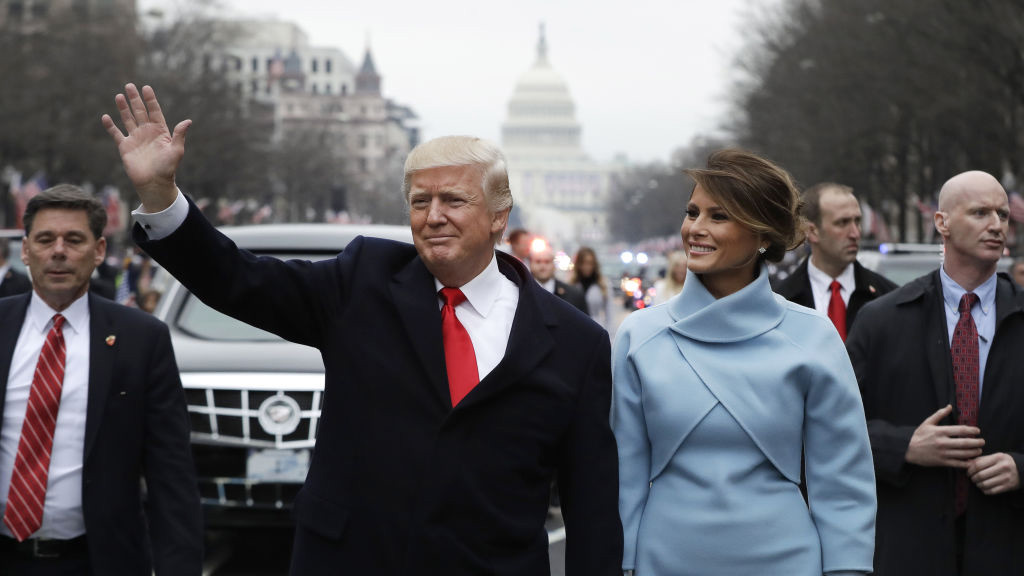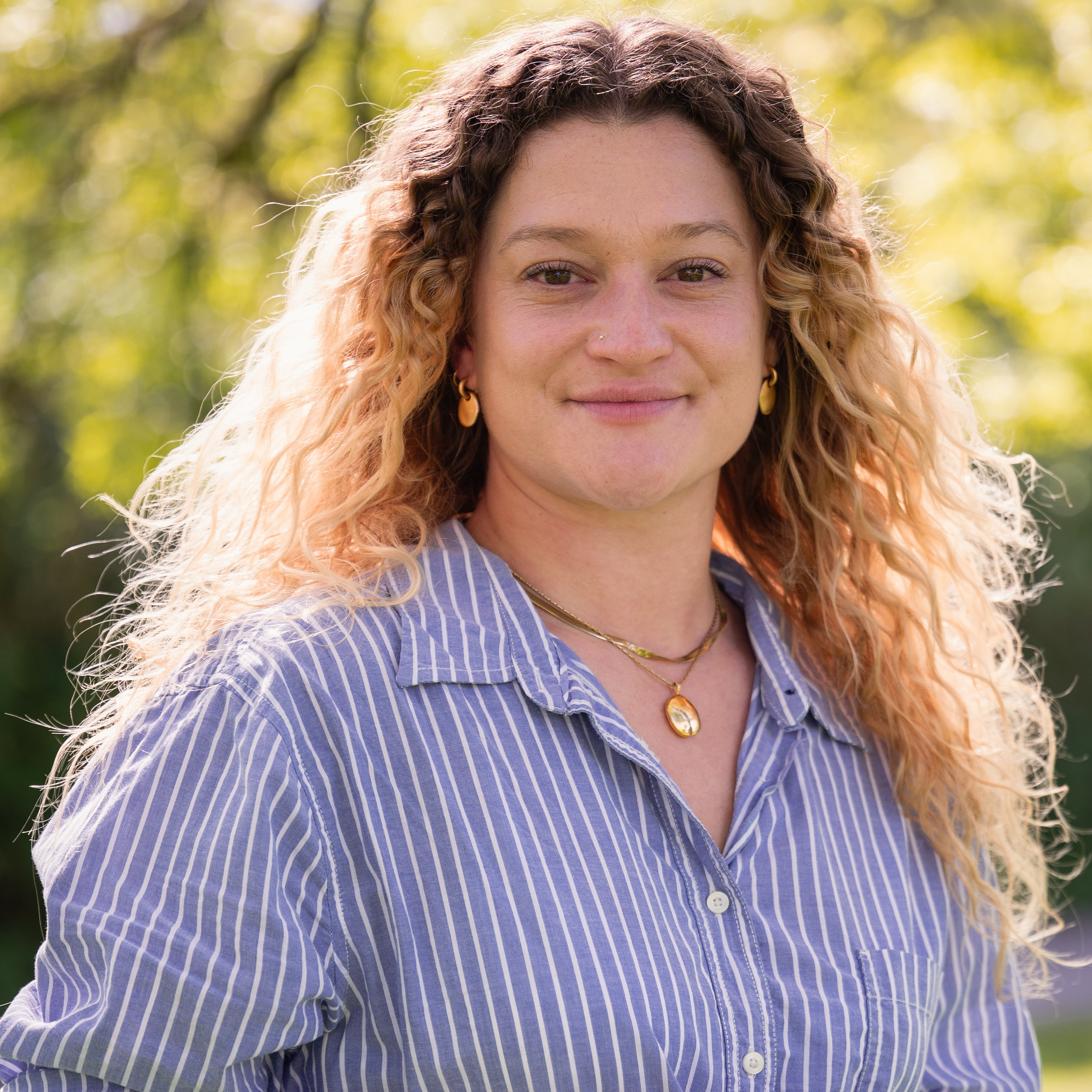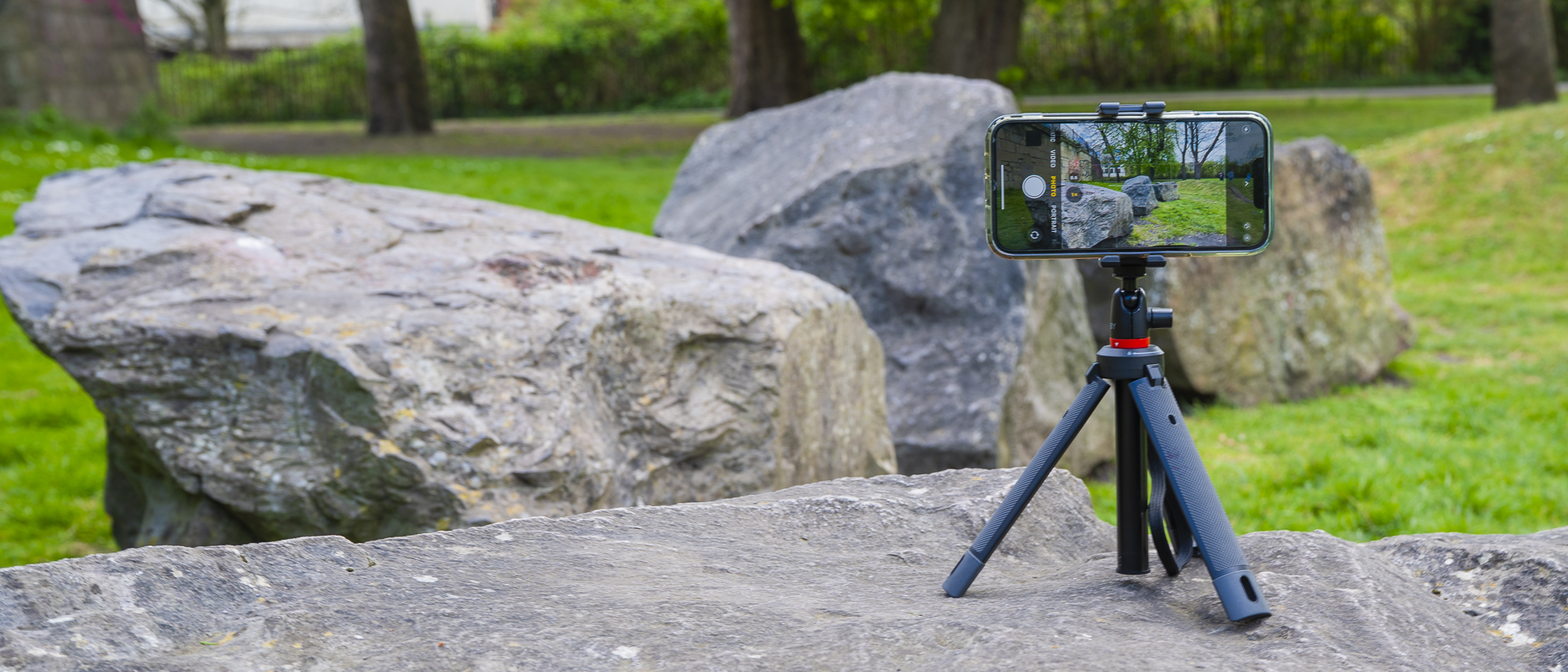Ahead of Donald Trump sentencing, judiciary rejects another media bid to allow cameras in criminal trials
President-elect Trump is set to be sentenced on November 26, and there is a huge media push to allow photographers and broadcasters in the courtroom

A judiciary panel has voted against lifting the ban on broadcasting certain high-profile federal criminal trials, rejecting requests by news organizations to reconsider the ban for President-elect Donald Trump.
Known as Rule 53, the Judicial Conference’s Advisory Committee on Criminal Rules voted nearly unanimously on Wednesday 06 November not to change the federal rule that prohibits photography and broadcasting in the courtroom during criminal trials.
During the vote, which took place in New York, Senior Judge Michael Mosman of the Oregon federal court (who led the subcommittee that studied the issue) raised the issue of privacy and security for jurors and witnesses.
He also argued that he believed there was a lack of empirical data on how allowing cameras in the courtroom would positively impact justice.
In October 2023, a different federal judiciary created a panel to discuss overturning the ban on televising criminal court cases, but after Trump’s court case last year had taken place.
Photographer's also criticized Kamala Harris earlier this year for not allowing enough press access to her campaign.
Mosman warned that to make an exception for only a high-profile trial would result in a “patchwork” system where some defendants were not filmed while others were, which could act as a contentious variable when it came to controversial verdicts.
Get the Digital Camera World Newsletter
The best camera deals, reviews, product advice, and unmissable photography news, direct to your inbox!
He also disagreed that allowing trials to be broadcast would discourage fake coverage and misinformation by manipulation of artificial intelligence, or undermine democracy.
“I think I’m as committed to democracy as anyone I know,” Mosman said, as reported by Bloomberg Law. “I guess I think it’s hardy enough to survive the absence of cameras in courtrooms for big trials.”
Also present at the meeting was judge Jacqueline Nguyen of the US Court of Appeals for the Ninth Circuit, who shared similar views. She referenced her time working as a lawyer on the notoriously televised trial of OJ Simpson, navigating the cameras and crowds.
She said that people at the time were concerned that the broadcasting was influencing how lawyers were presenting their arguments.
The 2022 defamation trial of Johnny Depp and Amber Heard was televised after Depp’s legal team pushed for it. Despite Heard’s team's protests, judge Penney Azcarate allowed filming because it was a civil case, and because she was getting a lot of requests to do so, and because “I don’t see any good cause not to do it.”
The reaction from the public was unprecedented, and for the entirety of the trial the media and social media scrutiny was intense and unavoidable. Many of the few supporters of Heard believed that the public attention influenced the jury in Depp’s favor, and saw the verdict as unfair and a huge blow to women’s rights.
One committee member, however, was in full agreement with allowing Trump’s and other criminal court cases to be broadcast. Justice Carlos Samor Colorado Supreme Court presided over the trial and sentencing of the man who killed 12 people in a movie theatre in Aurora, Colorado in 2012.
Some of the victims were initially angry, however, “by the end of the trial, each one of them thanked me for having done it. The televised access allowed victims to stay home some days, and for the community as a whole to watch the trial for themselves," he said.
He added: “The public is not interested in 99% of what we do in the judicial branch, but in that 1% that does interest them, it didn’t make sense to me to push them away.”
Trump is currently due to be in court for his sentencing on November 26. However, the state of his legal affairs is unclear after winning the 2024 presidential election.
Take a look at our guides to the best cameras for professionals, the best cameras for beginners, and the best telephoto lenses.

After graduating from Cardiff University with an Master's Degree in Journalism, Media and Communications Leonie developed a love of photography after taking a year out to travel around the world.
While visiting countries such as Mongolia, Kazakhstan, Bangladesh and Ukraine with her trusty Nikon, Leonie learned how to capture the beauty of these inspiring places, and her photography has accompanied her various freelance travel features.
As well as travel photography Leonie also has a passion for wildlife photography both in the UK and abroad.

